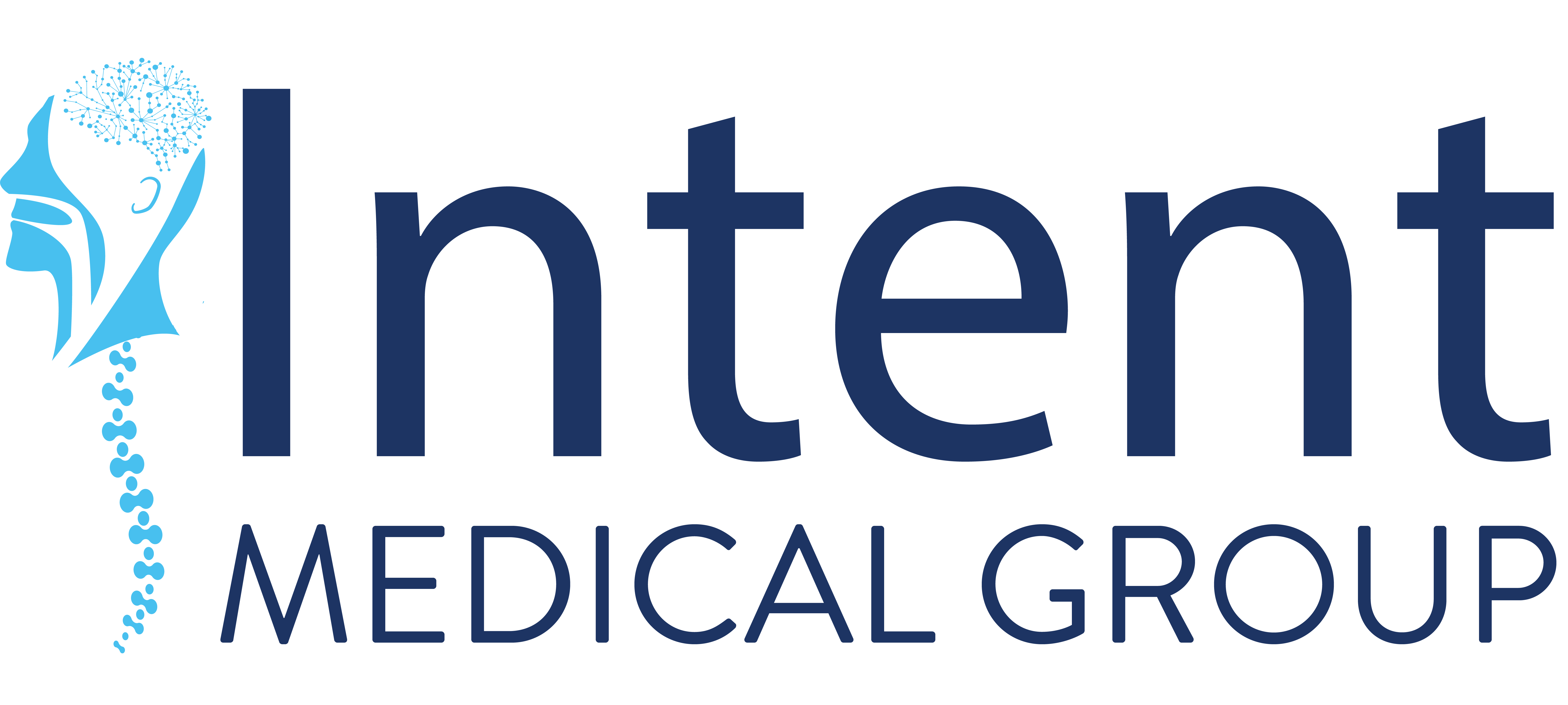Ischemic stroke
Ischemic stroke occurs due to reduced blood flow to the brain, causing brain infarction. Symptoms include but are not limited to:
- Face or arm weakness
- Speech difficulties such as trouble speaking or understanding others
- Dizziness or balance issues
Treatment:
In the Emergency Department:
- Timing is crucial; the sooner the treatment, the better likelihood of successful results. Upon arrival at the emergency room, a team of physicians works swiftly to restore blood flow to the brain.
- Patients may be eligible for “clot-busting” medication, or a procedure called mechanical thrombectomy to remove the clot from the brain. Your physicians will discuss treatment options.
During Hospital Admission:
- Multiple studies will be performed to identify the cause of the stroke and formulate a treatment plan to reduce the risk of recurrence.
- Patients with carotid artery narrowing may be eligible for procedures to open the carotid artery and prevent additional strokes.
After Hospital Discharge:
- Medication Compliance: It is essential to take prescribed medications to prevent another stroke.
- Smoking Cessation: Quitting smoking significantly reduces the risk of ischemic stroke.
- Lifestyle Modifications: Maintaining a healthy diet, regular exercise, and good sleep hygiene are crucial for brain health
